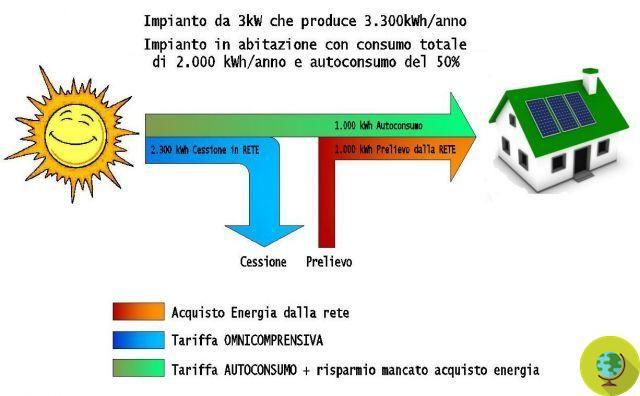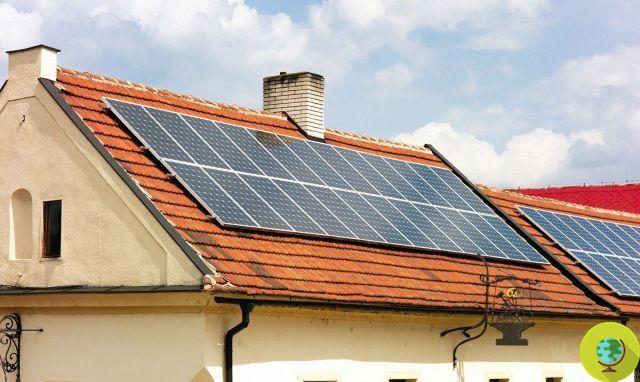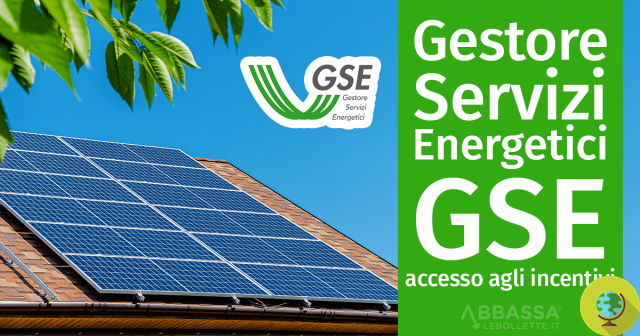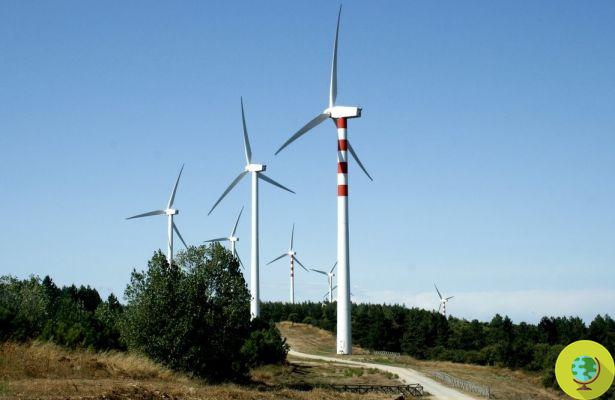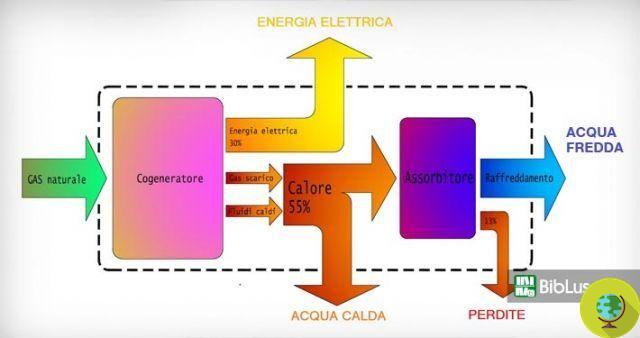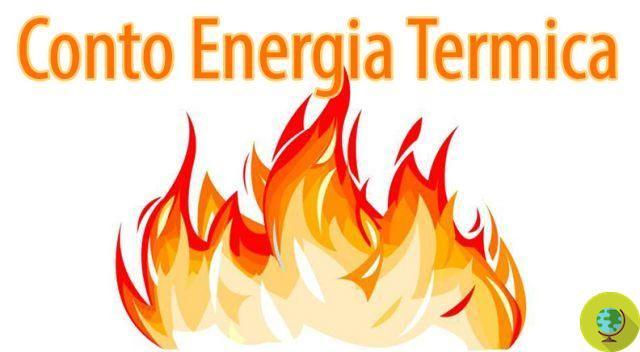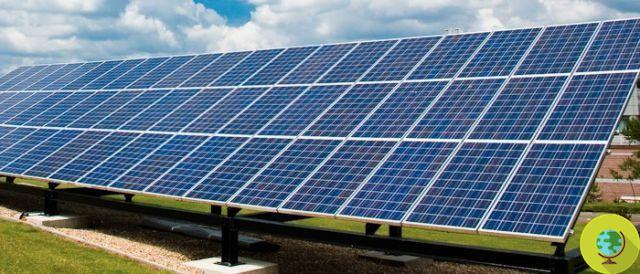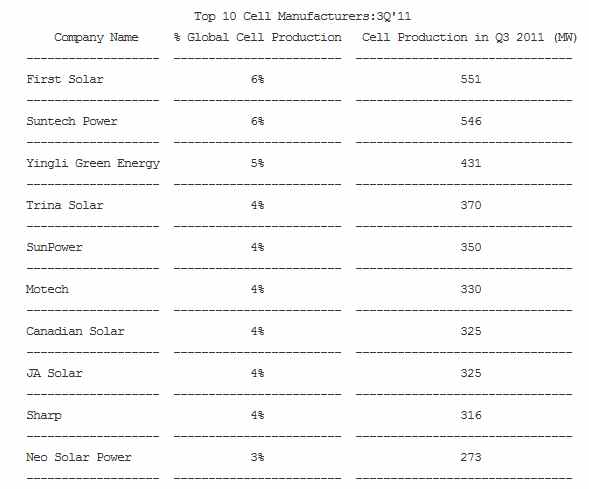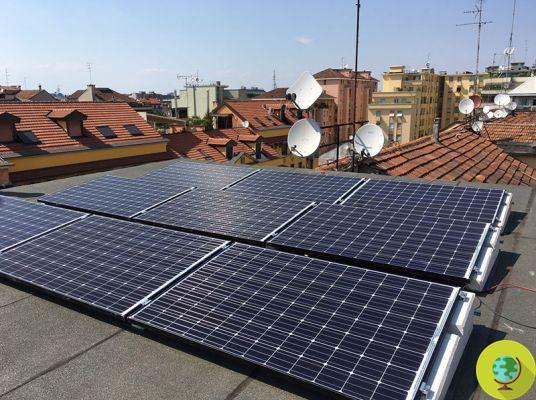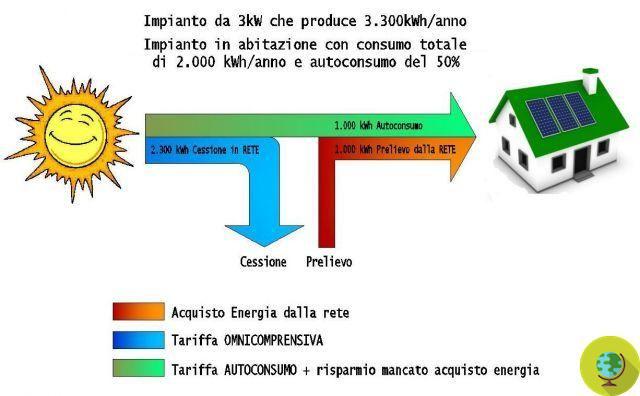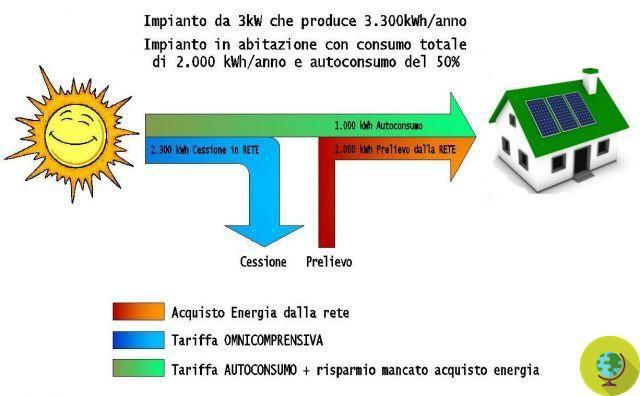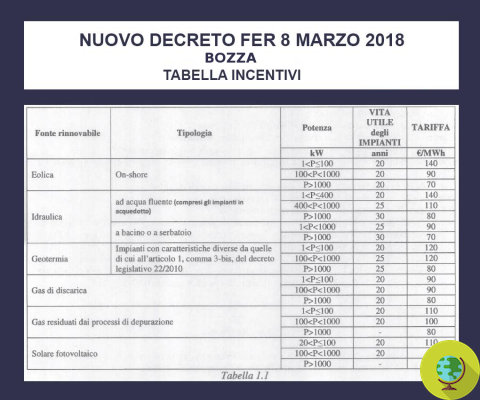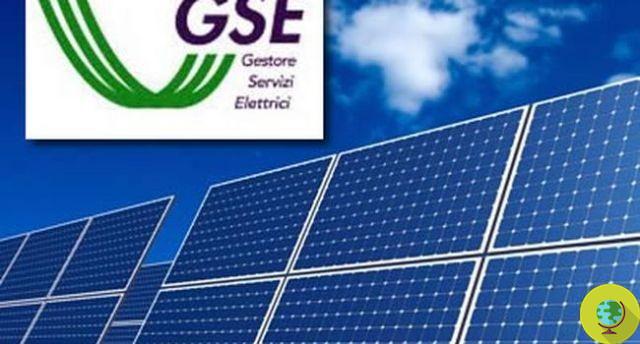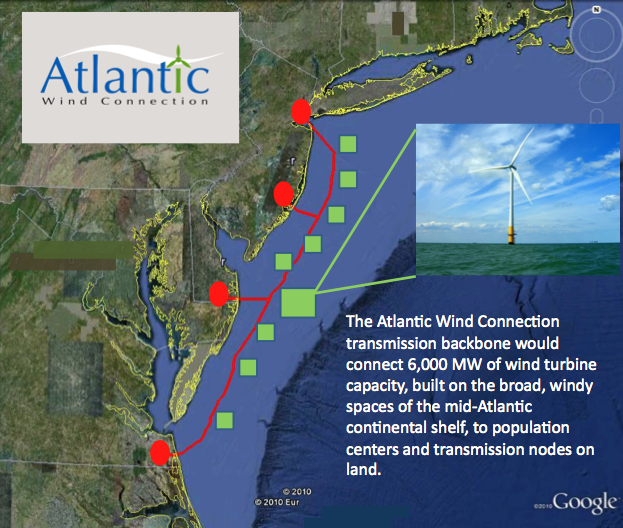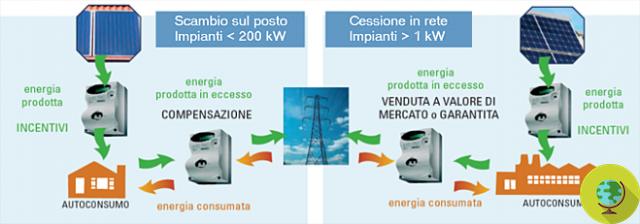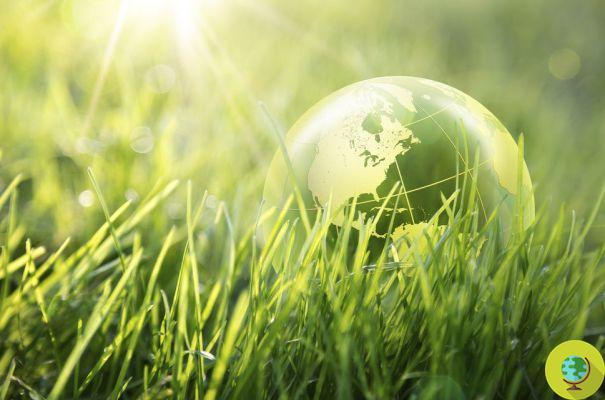
Today the 2010 eco-incentives launched by the Government to revive the sectors in crisis and to encourage the use of household appliances, scooters, kitchens, agricultural machinery oriented towards energy efficiency, officially started. Criticized on various fronts both for the amount allocated (300 million euros in total, 7 times less than those of last year destined for the most part to the car sector) and for the individual sectors that it was chosen to support, including to which even the nautical sector, which perhaps has very little eco, state funding has certainly not rewarded the companies of the so-called green economy.
He is about to end up run over, his mother saves him
Today the eco-incentives 2010 launched by the Government to relaunch the sectors in crisis and to encourage the use of appliances, scooters, kitchens, agricultural machinery oriented towards energy efficiency. Criticized on various fronts both for the amount allocated (300 million euros in total, 7 times less than those of last year destined for the most part to the car sector) and for the individual sectors that it was chosen to support, including which also the boating which perhaps has very little "eco", state funding has certainly not rewarded the companies of the so-called green economy.
A sector which, as the President of Confartigianato Guerrini also pointed out, "potentially mobilizes over 1 million employees". That same million workers who today seem to be on everyone's lips, right and left, when it is necessary to talk about a revival of the economy, but who then in practice remain cut off from the government bonuses and who still live in uncertainty about the future of incentives on photovoltaics.
Today the first phase started with theestablishment of the toll-free number to which all resellers will have to refer who, we hope will prove to be easy to implement and able to guarantee ease of access for all businesses, as desired by Guerrini. Even if for Confartigianato fundamental is the simplification of the activities itself of companies essential to ensure their continuity. This is why, unlike, for example, Legambiente which, as we have seen, had heavily criticized the simplification measures concerning house maintenance interventions contained ach'esse in the incentives decree, considered dangerous from the point of view ofwild abusiveness, for Guerrini, on the other hand, represent norms capable of favoring “a sector such as that of construction in which mainly craftsmen and small businesses operate and which in the last two years has suffered a drop in demand, a decrease in employees and a decrease in turnover. A total of 877.892 companies with 1.845.000 employees operate in construction. There is a large prevalence of artisan companies: they are 592.399, equal to 67,5% of the total ".
Among these we refer in particular to the many small artisan businesses that install photovoltaic panels and that will certainly be benefited byelimination of the DIA which will allow them to carry out the work more quickly and without red tape.
But these are also accompanied by many other small businesses also engaged on the front of green economy which were not as favored by a 2010 incentive decree which, for example, rewarded the purchase of new buildings aimed at improving energy efficiency, but which did not take into account, as also emerged from the many comments that came to us, of those who are building a house slowly, paying attention to respect the highest standards of green building and energy saving, but that will not benefit from any additional contribution if not the deduction of 55% already foreseen for the renovation works.
In this sense there are many companies that, for example, operate in the field of thermal insulation or in the production of eco-sustainable building materials who would have needed more attention, as well as all those citizens who do not have the money to buy a beautiful and made eco-house, but who are still committed to optimizing efficiency energy of their future home and hoped to be supported by state bonuses anyway.
Andrea Marchetti
Read all the articles on eco-incentives 2010




